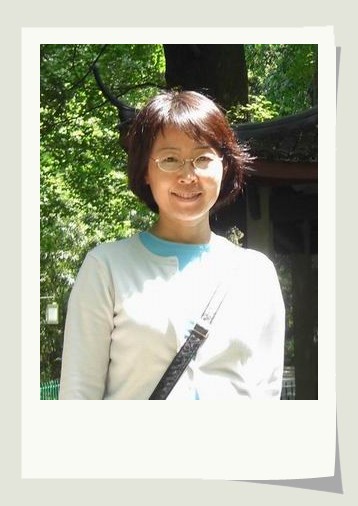 | | CUI Shunji (崔顺姬) | Dr. Cui Shunji is a Lecturer of International Politics at the College of Public Administration, Zhejiang University; and a Research Fellow at the Centre for NTS-PD, Zhejiang University.
Dr CUI received her PhD in International Relations at LSE, UK; and was a Post Doctoral Research Fellow at the Asia Research Centre, LSE (2008-9).
Research Interests: International Security Studies; Regional Security in East Asia; and Non-Traditional Security Governance.
Teaching: International Relations Theory, International Security Studies, and International Politics of East Asia. Email: ssjcui@zju.edu.cn Selected Publications & Papers:
1. Cui, Shunji (2008): Problems of Nationalism and Historical Memory in China’s Relations with Japan, Paper presented at the Asia-Europe Workshop on “Social Memory and its Impact on Global Political Communication”, 8-9 December, Hangzhou, China.
2. Cui, Shunji (2008): ‘Regional Security Complex Theory: Traditional and Human Security Perspectives’, Journal of Zhejiang University (Humanities and Social Sciences), 38(1): 16-21.
3. Cui, Shunji (2008): ‘Japanese Constitutional Revision and Implications for East Asian Regional Security’, Working Paper, Asia Research Centre, LSE, London, UK.
4. Cui, Shunji (2008): ‘Chinese Attitudes to Japan 2002-2008: A ‘New Thinking’?’, Seminary Paper, Presented at LSE on 14 July 2008, London, UK.
5. Cui, Shunji (2008): Book Review, by Zha Daojiong and Weixing Hu (2006), Building a Neighborly Community: Post-Cold War China, Japan, and Southeast Asia (Manchester: Manchester University Press), East Asia (An International Quarterly), 25(1):103-105.
6. Cui, Shunji (2007): Balancing or Bandwagoning; China and the Re-emerging East Asian International Society: the English School Perspective, Paper presented at the International Workshop on History and International Relations: the Perspective of English School, 16-17 April, Changchun: China.
7. Cui, Shunji (2006): ‘People States and Fear: Buzan and His Contribution to the Theory of International Relations’, World Economics and Politics (5): 60-67. |





